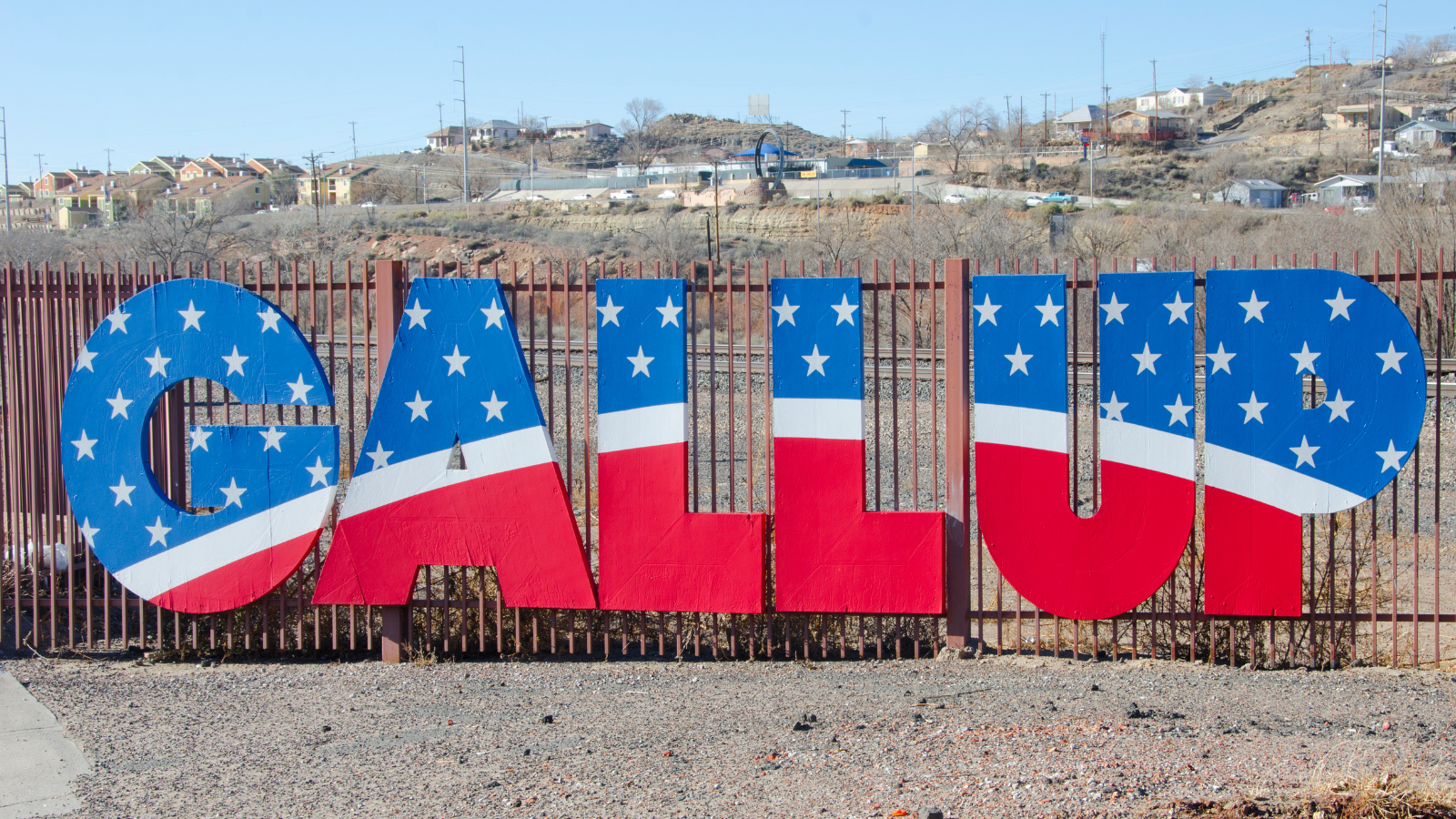Biden’s Bold Electric Vehicle Push
President Biden has announced America's strictest vehicle exhaust emissions regulations yet, aiming to push the auto industry towards all-electric cars. The plan sets a goal for 56% of all new US vehicles sold to be electric by 2032, a significant jump from current levels. While this target is a bit scaled back from last year’s draft, it’s still seen as a major step towards reducing greenhouse gases. The Environmental Protection Agency expects this move to cut down 7 billion tons of carbon dioxide emissions over the next 30 years.
Car-makers who don’t meet these new standards will face hefty fines, though they can still produce gas-powered vehicles, just in smaller quantities compared to their electric offerings. The US approach is more lenient than the European Union and the UK, with the UK delaying its ban on gas-powered car sales to 2035.
The car industry, which had concerns about the speed of the EV transition, sees this target as extremely ambitious. Environmentalists generally support the regulation, though some want it to be tougher. However, the oil industry and some states may legally challenge these rules.
This policy is also a balancing act for Biden as he campaigns for reelection, aiming to appeal to Michigan’s car workers and Democrats focused on climate change. If Trump wins the upcoming election, he plans to roll back these environmental regulations. Critics argue the policy will raise car prices and limit consumer choices, noting the higher cost of EVs compared to petrol cars, which is significant given the average US salary.
WHY IS THIS IMPORTANT?
The goal noted here signals a massive shift in the types of vehicles on the road. This impacts how transportation and logistics companies plan their vehicle purchases, maintenance, and operations - especially in terms of fueling infrastructure and vehicle capabilities.
The production of EVs requires different raw materials and components (like batteries) than traditional vehicles. This could open up new opportunities or challenges in the logistics of these materials.
🔥 OUR HOT TAKE?
The EV targets set by the Biden Administration are not just a signal for the auto industry but a wake-up call for the transportation and logistics sector as a whole. This shift presents both challenges and opportunities - from adapting fleet compositions and operational strategies to potentially lower fuel costs and embracing new supply chain dynamics. Companies in our industry must proactively navigate this transition to stay competitive and compliant.
Its an era of electric, and we need to charge up out strategies accordingly.
President Biden has announced America's strictest vehicle exhaust emissions regulations yet, aiming to push the auto industry towards all-electric cars.
Texas Attorney General Ken Paxton accused President Joe Biden of aiding Mexican cartels by halting deportations.
Former President Trump criticized UAW President Shawn Fain for endorsing President Biden, claiming that Fain lacks an understanding of the automobile industry's future.
The Biden administration is injecting $623 million into the nation's electric vehicle charging network, with a focus on disadvantaged communities and freight trucks.
As of January 1st, the Biden administration's updated rules now have a significantly reduced number of electric vehicle models eligible for the popular $7,500 consumer tax credit.
U.S. President Joe Biden and Chinese leader Xi Jinping met in San Francisco to discuss various contentious issues, but significant progress was not expected due to longstanding disagreements.
The federal government plans to allocate over $16 billion to enhance the Northeast Corridor, the busiest rail line in the country, connecting cities like Washington, New York, and Boston.
Former President Barack Obama advised the White House on its strategy for addressing artificial intelligence (AI) over the past five months, collaborating with tech companies and engaging in Zoom meetings with top Biden administration aides.
President Biden has unveiled a series of investments totaling over $5 billion as part of his commitment to rural America.
The Biden administration has proposed up to three oil and gas lease sales in the Gulf of Mexico but none in Alaska, aiming to strike a balance between energy production and climate concerns.
A strike by the United Auto Workers (UAW) union against Detroit's major automakers, including General Motors, Ford, and Stellantis, could force politicians, including President Joe Biden, to take a stance on organized labor.
The International Energy Agency predicts that solar investments will reach a staggering one billion dollars per day in 2023, surpassing global investment in oil production for the first time in history.
During a visit to South Carolina, President Biden emphasized the need to bring critical manufacturing processes, such as semiconductor production and battery supply chains, back to the United States to compete with China.
With 16 months remaining until Election Day, several key observations have emerged from the early stages of the 2024 presidential campaign.
Biden administration's ambitious clean hydrogen strategy aims to increase domestic production by 400% in less than 30 years.
The Owner-Operator Independent Drivers Association (OOIDA) has called on President Joe Biden to find a new nominee to lead the U.S. Department of Labor.
The U.S. Chamber of Commerce has written a letter to President Joe Biden, urging him to appoint an independent mediator to assist in resolving labor negotiations at West Coast ports.
The Biden administration is granting $570 million to address the issue of railroad crossings in 32 states, where longer trains have been causing traffic delays and hindering emergency response.
A new Gallup poll has shown that Americans lack confidence in President Biden, Federal Reserve Chair Jerome Powell, and Treasury Secretary Janet Yellen when it comes to the economy.
The US is facing a looming debt limit deadline, and both President Biden and House Speaker McCarthy are unwilling to give ground ahead of talks scheduled yesterday.
The United Auto Workers (UAW) and their leaders have postponed endorsing President Biden until their concerns regarding the auto industry's shift to all-electric vehicles (EVs) are addressed.
Monday morning, current President Joe Biden announced his run for a second term in office.
President Biden has set a goal of having two-thirds of new cars be electric by 2032.
President Joe Biden has nominated Julie Su for the Department of Labor Secretary, but she is facing massive push-back from the Owner-Operator Independent Drivers Association (OOIDA), a group representing 150,000 truckers.
According to the U.S. Trade Representative’s report on 2023 policy, Chinese worker rights will be a hot topic for the Biden Administration this year.
China currently dominates the rare earth and mineral production market, controlling the lion’s share of 60% globally.
February 7, 2023, Biden delivered his second State of the Union address to the country. Highlighted were an extremely divided Congress and the reminder that Biden’s approval rating has plummeted during his time in office.
According to the Bureau of Labor Statistics, overall US union membership dropped by .2% in 2022, falling from 10.3% in 2021.
The Biden Administration’s $500 billion legislation encouraging new spending in the domestic green energy industries may be the final straw for the EU, which unveiled its Green Deal Industrial plan in response.































A recent Harris poll for The Guardian reveals widespread misconceptions about the U.S. economy. Most Americans (56%) believe the country is in a recession, but it's not